In Search of Smoky Cafés: Chasing Anaïs Nin in Paris
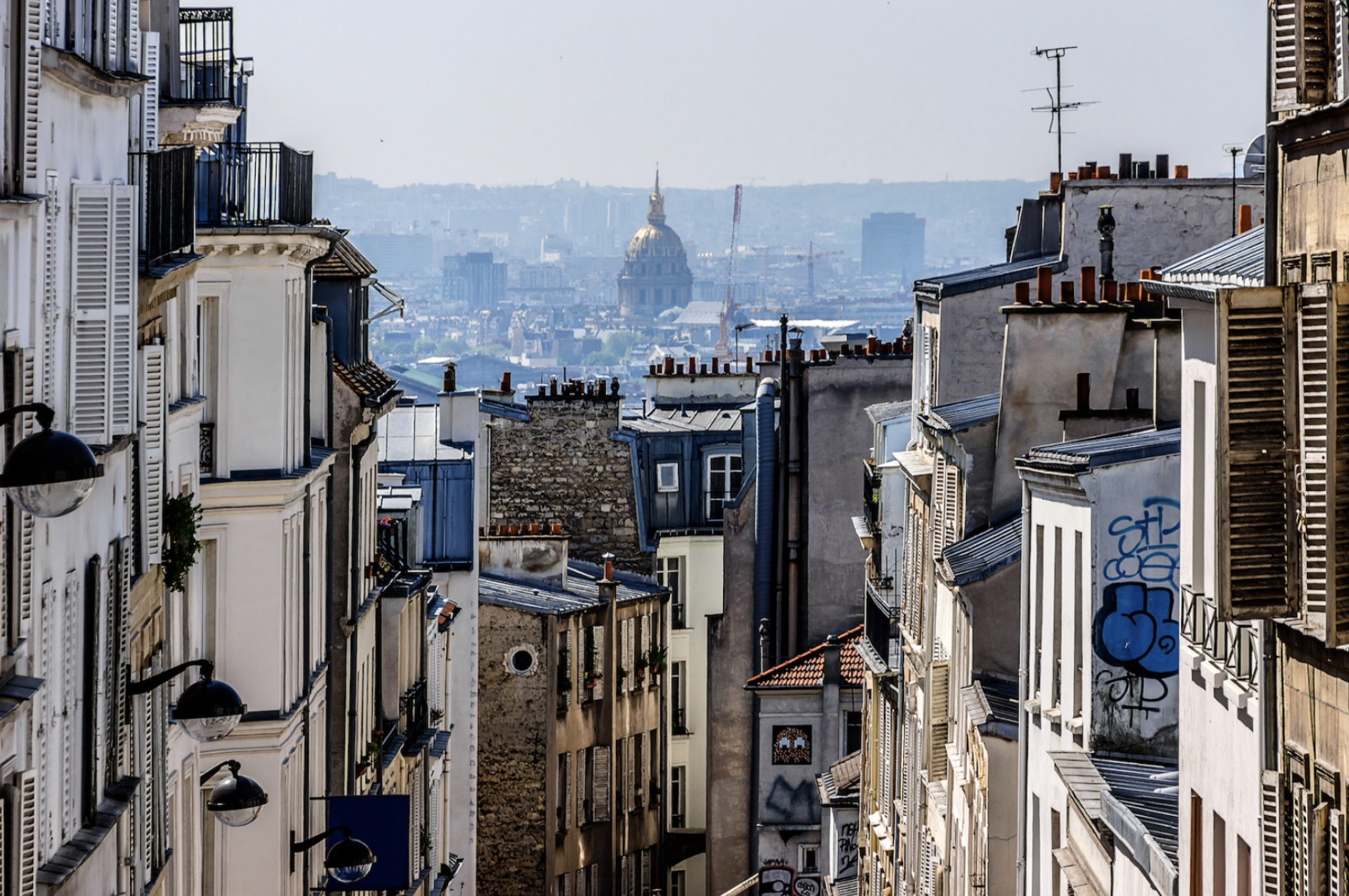
This essay is part of First Love: Essays on Friendship (The Dial Press, May 2024). A version originally appeared on Off Assignment in 2019; this is an updated, republished version.
New York City banned smoking indoors in 2003, the same year I became a chain-smoking, black-coffee-chugging high school dropout. I took this inconvenient timing as proof that I’d been born in the wrong era, nostalgic for smoky cafés filled with writers and artists surviving on grit and vision in a pre-gentrified city—nostalgic for a time before I was even born.
Instead of going to school, I painted and wrote and danced and drew and took artsy photographs with disposable cameras I shoplifted from Kmart. I visited the subterranean studios of random artists I met in the park and stayed up through the night and into the early morning, talking about what it means to live a creative life and how to stay true to what you believe in a world defined by making and spending money. I went to poetry open mics and punk shows in people’s living rooms, and all of my friends were musicians or writers or both. I did a decent job of creating a bohemian life for myself considering the fact that the folk singers and beat poets of Washington Square Park had long ago been replaced with NYU students dressed like store-brand Paris Hiltons. But it felt impossible to be truly swept up in the artist’s life when all around me gentrification was forcing closures of beloved cultural hubs and the ones that were left were lousy with loud, vacuous transplants shuffling around in their UGG boots. I hated the capitalist corrosion around me with a bitter passion only a teenage iconoclast can muster, and yearned for a nonspecific “more.”
Then one spring day when I was fifteen, I saw Anaïs Nin’s piercing eyes staring up at me from my favorite book vendor’s table on Avenue A. I bought volume 1 of her diaries for three dollars without knowing anything about her and headed into the park, settling in to read Nin’s stories about the artists and writers she spent her time with in Paris, having heated conversations about their work, about art in general, and life and love and all the big questions.
“Ordinary life does not interest me,” she wrote. “I seek only the high moments. I am in accord with the surrealists, searching for the marvelous.” She seemed to live a life that floated above drudgery—or as she put it, “monotony, boredom, death”—a life that was all silk and wine and art and sex and inspiration. She described the life I wanted more clearly than I had ever imagined it. And the backdrop for this magical life became the emblem of everything I desired, like it had for so many idealistic creative souls before me: Paris. Paris became shorthand for a world without all of the yuppie garbage that was cramping my outsider style in New York.
“It was easy to believe that the uncorrupted, smoky, jazz-filled utopia of Nin’s Paris was a real place I could travel to if I wanted it badly enough.”
I understood of course that time had passed since the 1930s in Paris just like it had in New York, that many of the same problems likely existed there. But in a much more visceral way, it was easy to believe that the uncorrupted, smoky, jazz-filled utopia of Nin’s Paris was a real place I could travel to if I wanted it badly enough. I dreamt of a world that was pure and raw and brutal and beautiful and full of surprise and wonder, never bogged down by trends and kitsch and mass marketing, and I was young enough to believe that such a world was possible.
One hot afternoon the summer we both turned sixteen, my friend Raiona and I started talking about traveling to Europe together. We’d go to Paris, of course, but also London and Amsterdam and Rome and Barcelona and a dozen other places that sounded romantic and far away. At first we talked about it like every other outlandish plan we’d hatched together since we met on the first day of high school and promptly started skipping classes together: the communal farm we were going to run upstate, complete with dance studio and library; the tenement building we were going to buy on the Lower East Side, where all of our friends could live for free; the art school that would be free to anyone and everyone, funded . . . somehow. But there was something different about this plan. Something that felt like maybe we could pull it off.
Just to see, we wandered into a travel agency and asked how much the cheapest tickets from New York to any city in Western Europe would cost. And then we spent the next two years saving our waitressing tips five dollars at a time, marking up one map after another, and emailing friends of friends and distant relatives who we might be able to stay with. We were determined to make this trip happen, but all along a part of me was waiting for the hitch, the disaster, the reason it would all fall apart. Traveling the world sounded like something other people did—rich people; or bohemians from bygone eras, like Nin and Hemingway and all of those long-dead icons who managed to survive on wits and pocket change. Not two working class teenagers in the early aughts waiting tables to pay for cellphone minutes and malt liquor.
But despite the seeming impossibility, we kept reminding ourselves and each other that they’d sell plane tickets to anyone—we just had to save the money. That meant living off of two-dollar falafel and pizza, not splurging on five-dollar diner breakfasts; smoking rollies instead of packs; shoplifting or sewing when we wanted new clothes instead of browsing thrift store sale racks. Whenever one of us wanted to buy something we didn’t need, the other would start listing things we could spend that money on instead: baguettes, champagne, hostels! We made a game of it, playfully chiding each other into learning financial responsibility. Making the fulfillment of this ambitious dream something we owed to each other.
And then, somehow: Paris. Just in time to spend my eighteenth birthday eating chocolate and strawberry crepes, smoking hash under the Eiffel Tower with some random French boys, and drinking red wine from the bottle while walking along the Seine. I described it in my journal (because of course, as a Nin devotee, I kept a detailed one) as “like a dream.”
We saw flashes of Nin’s Paris in an empty café where the surly waitress sat alone at a corner table reading a book, not looking up when we came in; in the aisles at Shakespeare and Company; in the twinkling lights around the Seine at night; in a beautiful white cat we followed down a side street and then around a corner and down another street, looking up to find ourselves completely lost. But those flashes were more often obscured by the hordes of tourists swinging armfuls of shopping bags from the same chain stores we had in New York, talking loudly in English and breaking the spell.
I tried to only see the Paris I’d dreamed of, but everywhere I looked was the same gentrification, the same advertisements, the same McDonalds and Sprint and H&M signs on beautiful old buildings that we ’d hoped to escape. And very few groups of artists huddled in clouds of smoke. I tried to feel swept away, but there was a sinking disappointment below the surface, in the part of me that had genuinely hoped to time travel.
Raiona didn’t seem disappointed, shooting rolls and rolls of film and looking delighted by each boulangerie, which just made me feel worse. We began to bicker, two only children used to doing whatever we wanted, now sharing hostel beds and negotiating each day’s plans.
Smoking indoors was banned in Paris in 2006—just a few months before Raiona and I arrived. Once again, I’d missed the boat. Of course, it wasn’t only the smoky cafés themselves that I craved, but everything they represented: gathering places for people who didn’t want to spend their afternoons shopping, communities built around creativity, places and people that let you escape the daily grind to sit still and talk about ideas and ask questions without answers. It was the idealized artists’ life that I thought might have been a figment of my teenage imagination until I saw it reflected in Nin’s diaries. And I didn’t know where to find it if not in Paris.
As Raiona and I prepared to set off for the next stop on our trip, I felt dejected and aimless, like I had been betrayed by Paris or I had betrayed Anaïs Nin; like I really had been born at the wrong time, but there was nothing wistful about that notion anymore, it was just unfair.
Our bus to Amsterdam left at seven in the morning, so we decided to stay up all night and sleep on the bus rather than risk missing it, teenage late risers that we were. So on our last night in Paris, we set out with our big suitcases, with no plans other than to stay awake until sunrise.
We sat at a bar and nursed one glass of champagne each, trying to stick to our strict budget and knowing that drinking too much would make it harder to stay up all night. As bars started closing and nightlife dwindled to quiet, we set off wandering; smoking cigarettes by the Seine and taking photographs of empty streets. The streetlights were a romantic shade of yellow, and when the narrow, twisting side streets were empty of tourists they could almost have been the Paris we’d been looking for. We stood for a long time in front of Notre Dame, the gargoyles so much more magical and imposing in the dark and quiet than they had been when we first saw them a few days earlier, in the bustling daylight.
Around three-thirty, we were starting to drag, no longer exclaiming at every picturesque corner, tired of carrying our heavy bags. We saw a café up ahead and decided we could spare a few more euros for a place to sit and some caffeine to get us through the next few hours. Soon after our cappuccinos arrived, we noticed that too many people were coming up the stairs in the back for them to lead to the restrooms, as we had originally assumed. People were emerging sweaty and grinning, and it was clear there was something going on down there. We went to check it out and found a bouncer at the bottom of the stairs. We asked what was going on behind the door he guarded, and when he answered flatly “Cabaret,” our eyes lit up. But then he continued: “Twenty euro each.” That was more than we’d allotted to spend each day, and the cappuccinos had already put us over budget. We turned to go back upstairs, but, seeing our disappointment, the bouncer ushered us quickly inside with a wink.
Inside was a cavernous space with stone walls which someone later whispered to us had once been part of the catacombs. The space was lined with picnic tables, crowded with people drinking and singing, and atop each table a mostly nude woman draped in feathers and beads danced to the lively jazz playing on the stage up at the front. The air was filled with cigarette smoke.
We stood at the entrance, aghast, for several seconds before people trying to come in behind us brought us back to reality. We squeezed in at the end of a bench and accepted our tablemates’ offer to share their pitcher of beer, striking up a conversation with them during the lulls in the music. They were a group of locals, a writer and a few musicians, friends of the performers onstage. We talked about what it was like to make art in our respective cities, and enjoyed the show, Raiona and I periodically catching each other’s eye in amazement. They asked us about New York, and I saw on their faces that they romanticized our city as much as we did theirs, and wondered if they would be disappointed if they visited. Or if, on their last night, they might find exactly what they’d hoped for.
This—a room full of people enjoying music and dance and booze and each other, singing and talking under a cloud of smoke, all in on a secret together—was exactly the kind of “high moment” Nin described living for, the Paris we’d dreamed of. I’d been so disappointed when we didn’t step off the train in Paris and straight into a scene like this, but I realized finally that I’d been thinking about it all wrong. Part of what made this so spectacular was the way we’d stumbled upon it; that we could have missed out on this perfect last night, our moment alone with the gargoyles of Notre Dame and then this cabaret, if we’d just sat and waited for the bus instead of exploring the city in the middle of the night, if we hadn’t questioned what was going on downstairs in the café, if we hadn’t sought it out.
“The moments that felt like we were tapping into something special, the high moments.”
The Paris that Nin described was the world she had created: It was the people she surrounded herself with and the conversations she had—of course there had never been a time when the whole city was like that, but all along, the Paris (and the New York) I’d craved was there, available to those who knew how to look. The magic of Nin and her writing was not just in the world she inhabited, but in the way she saw it, and her determination to see it that way—“I am possessed by a fever for knowledge, experience, and creation,” she wrote. I understood then that the kind of exultant, creative life where everything is art and the “monotony, boredom, death” of “normal” life is kept constantly at bay is not a place that can be traveled to, or a time I missed out on: It’s a way of living and a way of seeing that Nin was a master of, and that I could be, too.
Throughout the rest of our trip—our next stop, Amsterdam, and then on through Germany and Italy, running out of money before we could complete our clockwise trajectory through Spain and Ireland—Raiona and I reveled in the small, perfect moments, collecting them like gems. The moments that felt like we were tapping into something special, the high moments. We cataloged them in our journals: drinking hash milkshakes and making daisy chains in Vondelpark; seeing a little German boy singing to himself in a playground in Wiesbaden, his face and hands covered in chocolate; an opera performance in an ancient coliseum in Verona.
“I want to be a writer who reminds others that these moments exist,” Nin wrote, and for me she was—it just took a few years, a trip halfway across the world, and a long night of waiting up for a bus for me to really understand what she meant.
ABOUT THE AUTHOR
Lilly Dancyger is the author of First Love: Essays on Friendship (The Dial Press, 2024), and Negative Space (SFWP, 2021). She lives in New York City, and is a 2023 NYSCA/NYFA Artist Fellow in nonfiction from The New York Foundation for the Arts. Her writing has been published by Guernica, Literary Hub, The Rumpus, Longreads, Off Assignment, The Washington Post, Playboy, Rolling Stone, and more. Find her on Instagram and Substack.
Read Lilly’s “Behind the Essay” interview in our newsletter.
Header photo by Alice Colin.



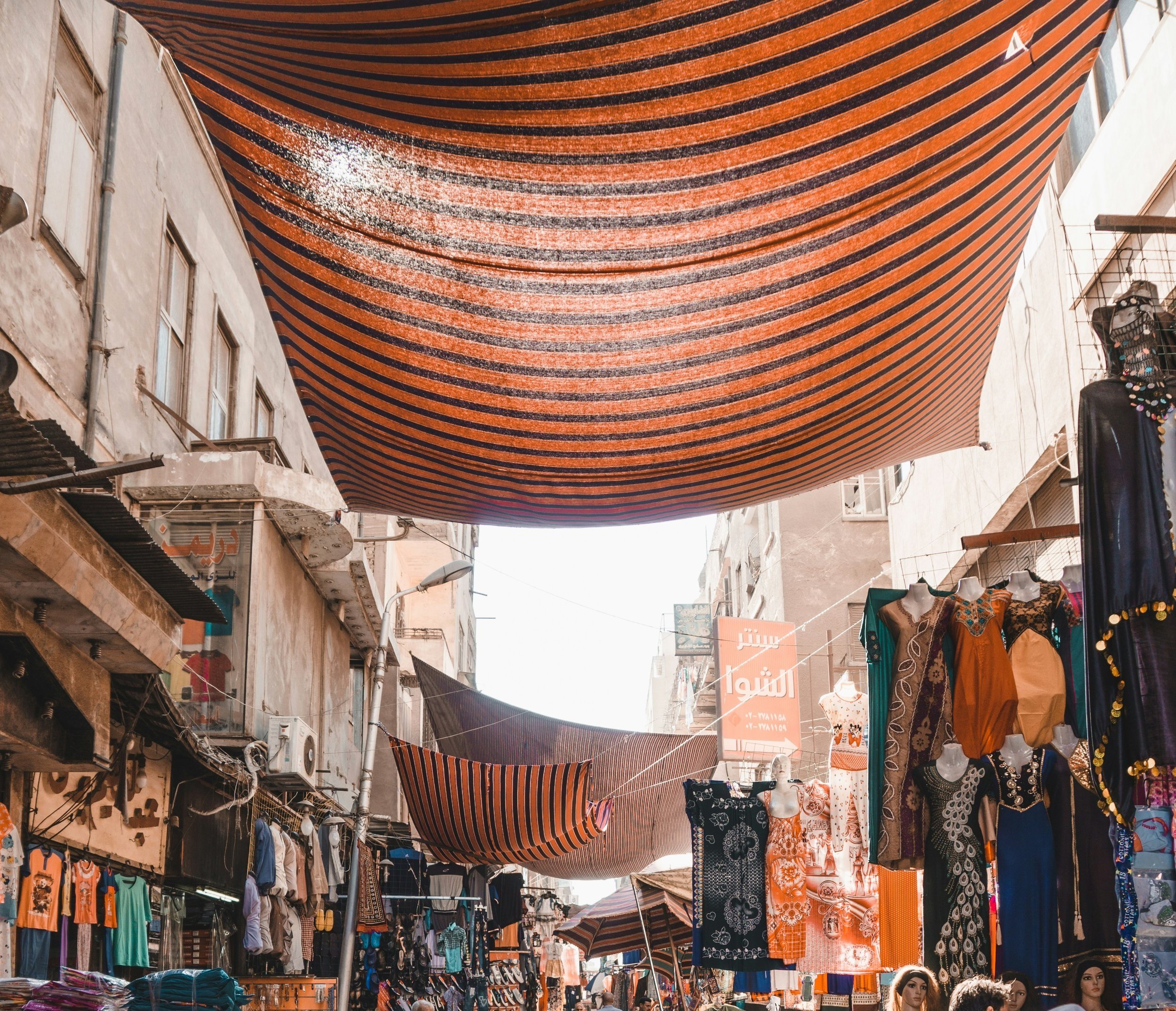
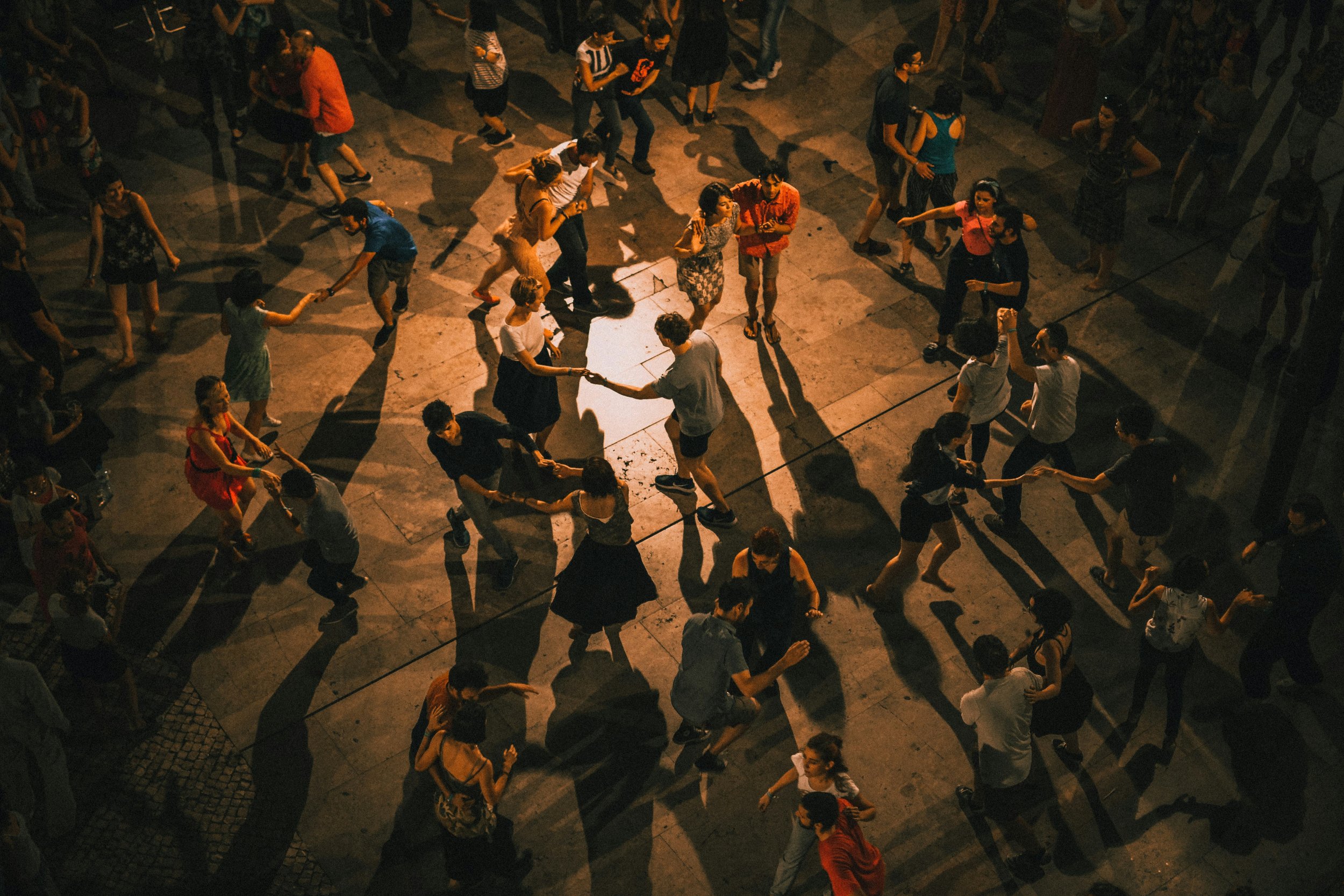


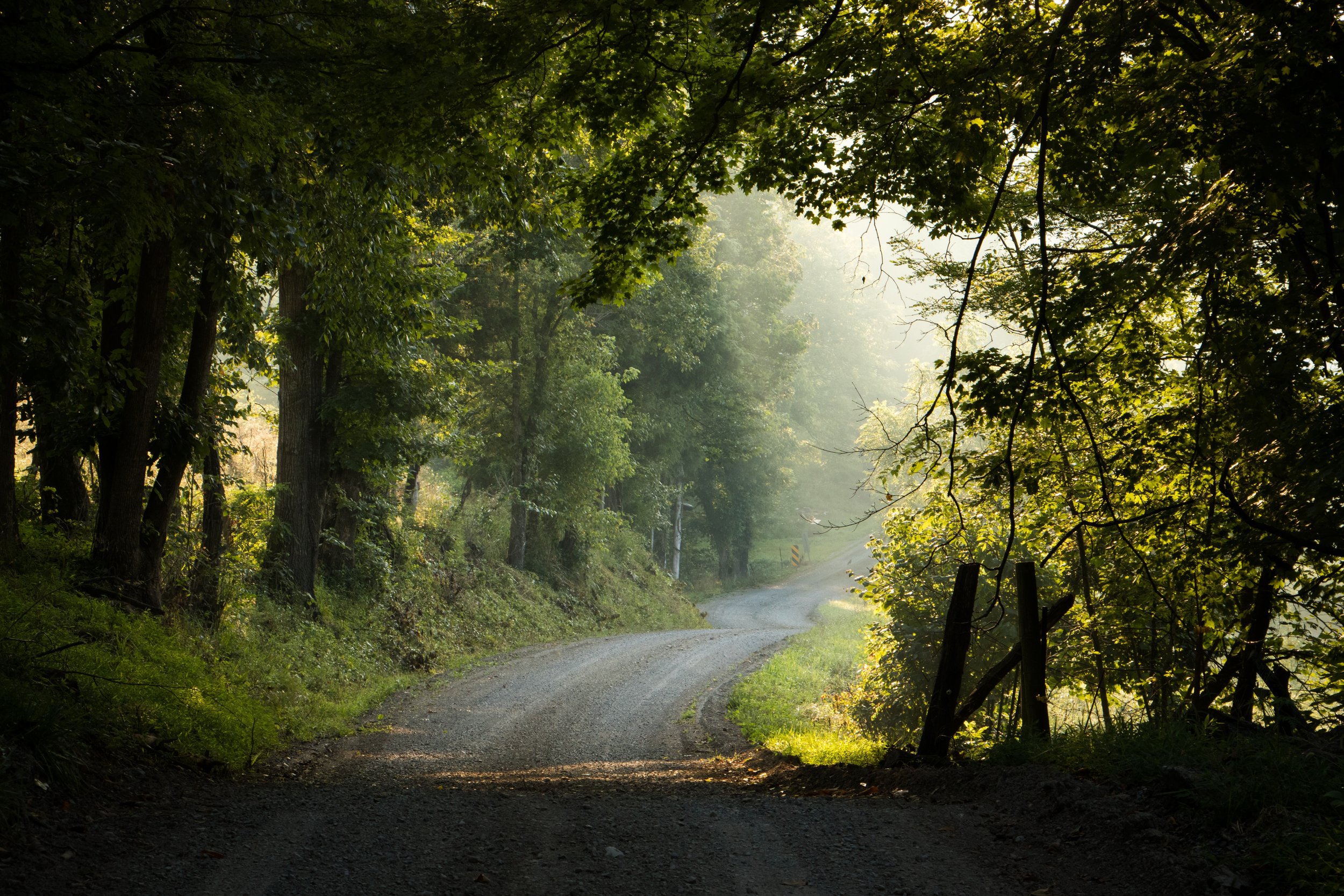

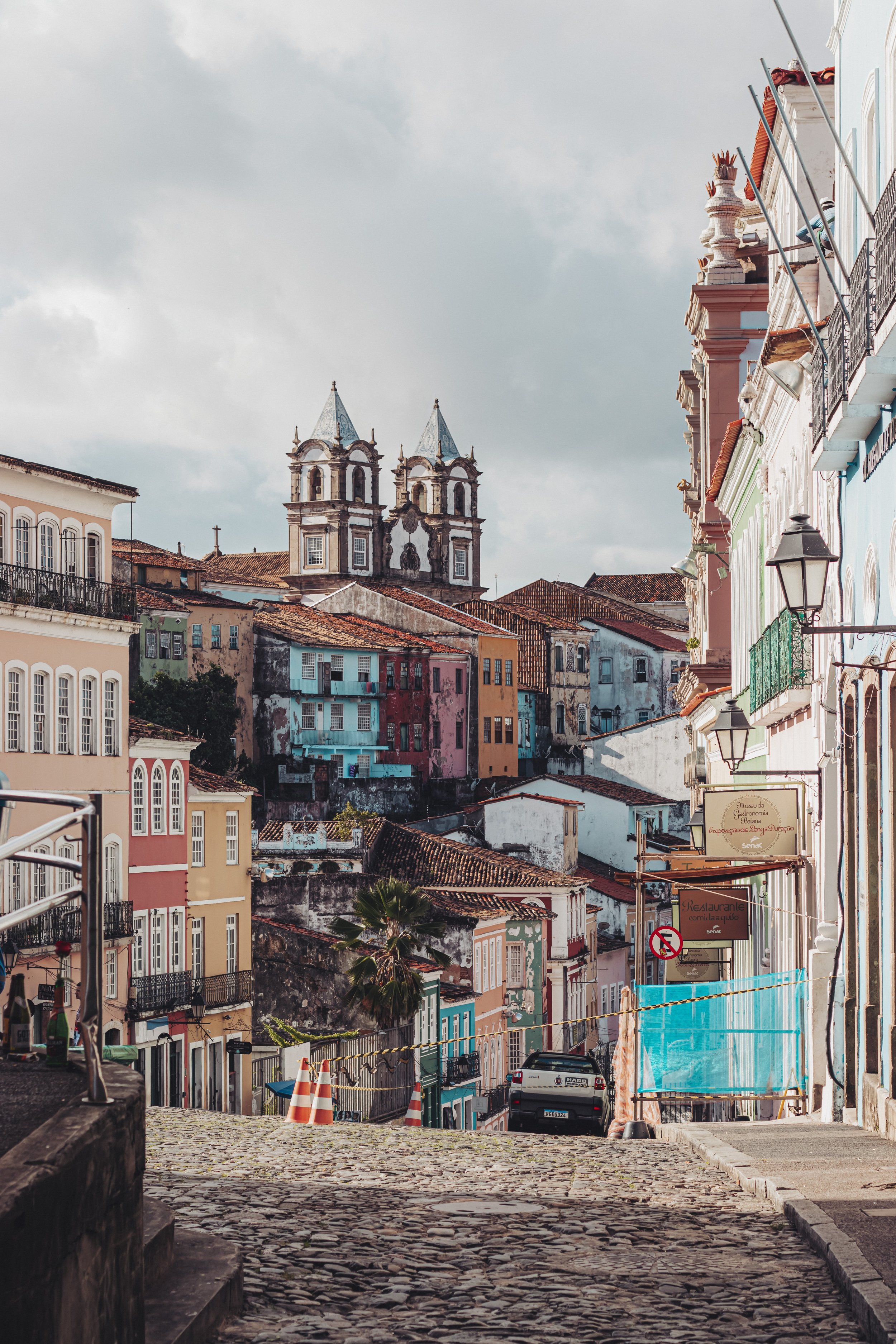
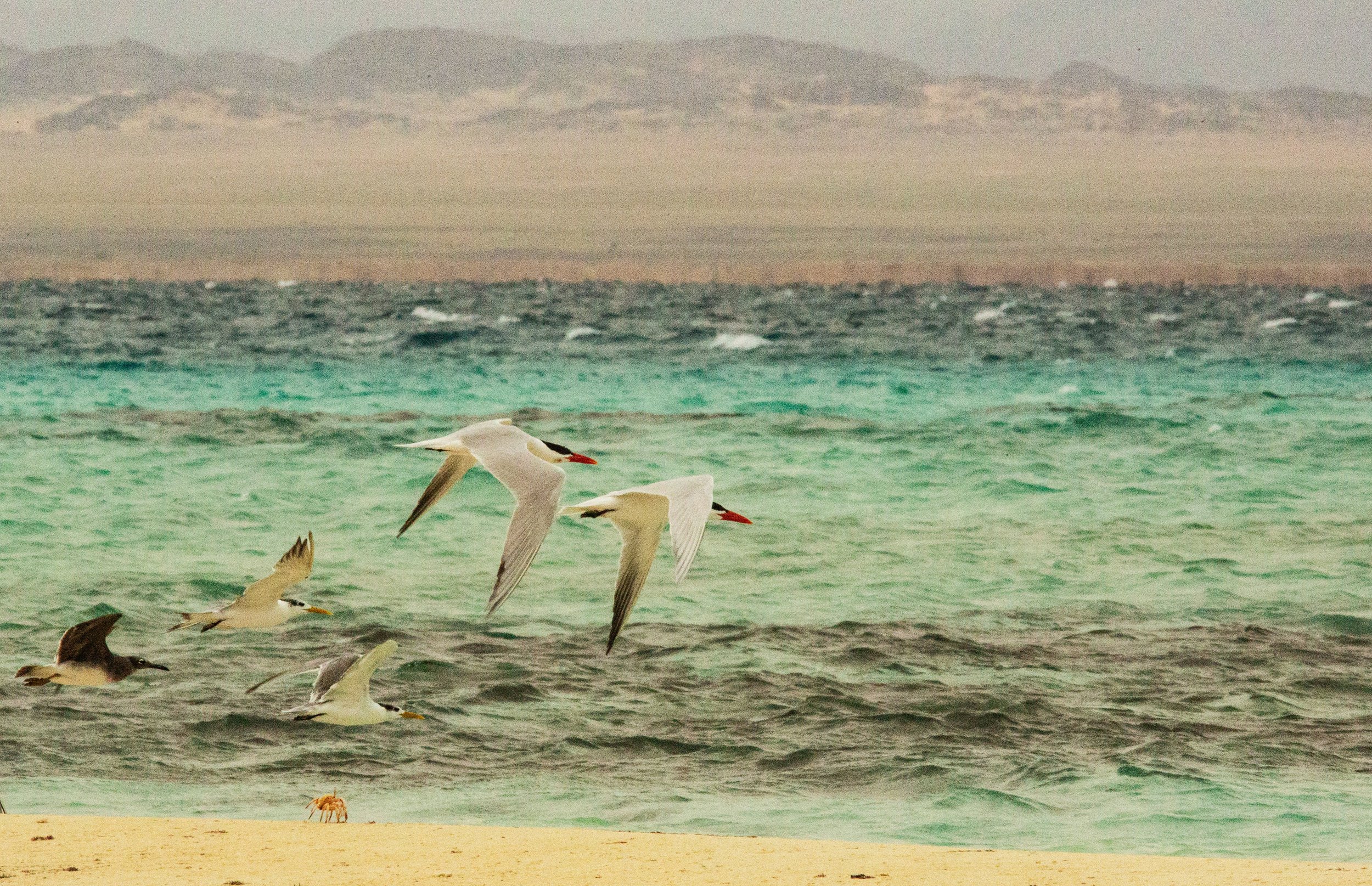
At the end of August 2023, I flew to Indianapolis where my friend, the artist Kate Parnell, picked me up in her mom’s silver Hyundai Sonata of late-90s vintage. It maxed out at 62 mph. Above the license plate, Kate had stuck a bumper sticker that read “Garfield from Memory,” the name of a four-year art project that had become her full-time job. The tagline: “The great thing about painting Garfield from memory is no one can tell you you’re wrong.”